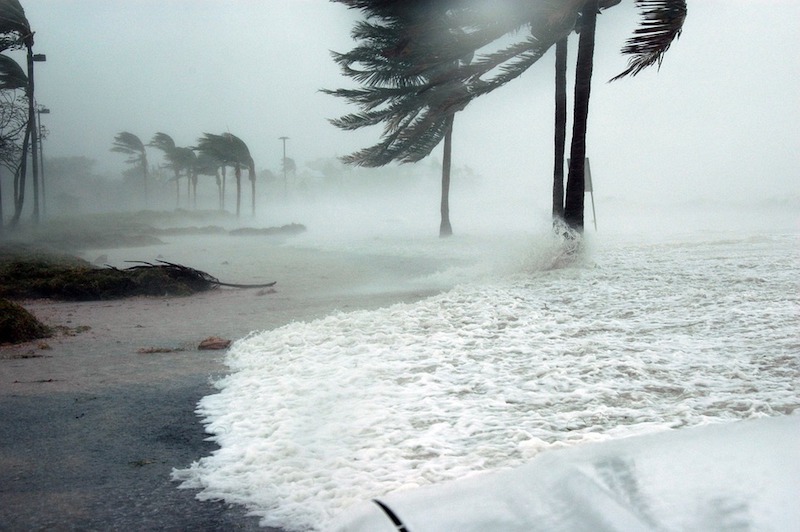Florida lawmakers and code policy officials have questioned the state’s approach to building codes in the wake of Hurricane Michael.
The Category 4 storm, with sustained winds of 155 mph, decimated coastal areas of the Florida Panhandle. Statewide codes have hurricane-resilient provisions, but they vary by region.
New office buildings and homes in Miami-Dade County must be designed to withstand winds around 175 mph. Along the stretch of the Panhandle hit hardest by Michael, though, the design standard varies from 120 mph to 150 mph.
In hard-hit Mexico Beach, some homes constructed under the latest code instituted in 2002 were destroyed. Code requirements have been based on storm history and the likelihood of future hurricanes striking a particular area. The Panhandle had seen few big storms since the 1800s, and Michael is the first known Category 4 hurricane to strike the region. Lawmakers and code officials now say codes may have to be strengthened in the northern part of the state.
Related Stories
| Aug 30, 2012
OSHA plans new crane-safety standards for demolition and underground work
The new rule will streamline OSHA’s standards by eliminating the separate cranes and derricks standard currently used for underground and demolition work.
| Aug 30, 2012
Federal government cancels defense contracts worth $2.15 billion
This action may foreshadow federal spending cuts scheduled for year's end if Congress takes no action on the federal budget.
| Aug 30, 2012
Public comment period is open for CRRC-1 standard
The CRRC-1 standard covers specimen preparation and test methods for measuring the initial and aged solar reflectance and thermal emittance of roofing products.
| Aug 30, 2012
LEED system's footprint reaches 2 billion sf, with 7 billion sf in the pipeline
About 7 billion more sf of commercial space is expected in the pipeline.
| Aug 30, 2012
Georgia drops LEED wood source standard on state projects
Currently, LEED green building standards only accept timber products certified by the Forest Stewardship Council (FSC).
| Aug 21, 2012
AGC offers second edition of the Federal Government Contractor: Ethics & Compliance Programs manual
This publication helps contractors appreciate the grounds for an alleged violation of the expected standards of business conduct and ethics, and to develop, implement, and document an effective ethics and compliance program.
| Aug 21, 2012
Federal Safe Building Code Incentive Act’s bipartisan support, no notable objection, bodes well for passage
The Safe Building Code Incentive Act would give states a little extra post-disaster federal funding if they enacted and enforced nationally recognized building codes for businesses and residences before disaster strikes.
| Aug 16, 2012
New York’s Barclays Center project accused of ignoring noise, pollution regulations
Construction crews racing to finish the Brooklyn Barclays Center are ignoring strict regulations to reduce noise and pollution, a new report by critics has found.
| Aug 16, 2012
Harness saves life of worker cleaning Washington state Capitol
Fall-protection equipment helped save the life of a worker who was cleaning the Washington state Capitol building in Olympia, after the platform he was using gave way.
| Aug 16, 2012
CSI webinar on August 21 focuses on electronic energy control
The Construction Specifications Institute (CSI) is sponsoring a free webinar on August 21 at 2:00 p.m. (EDT) on electronic energy control.












